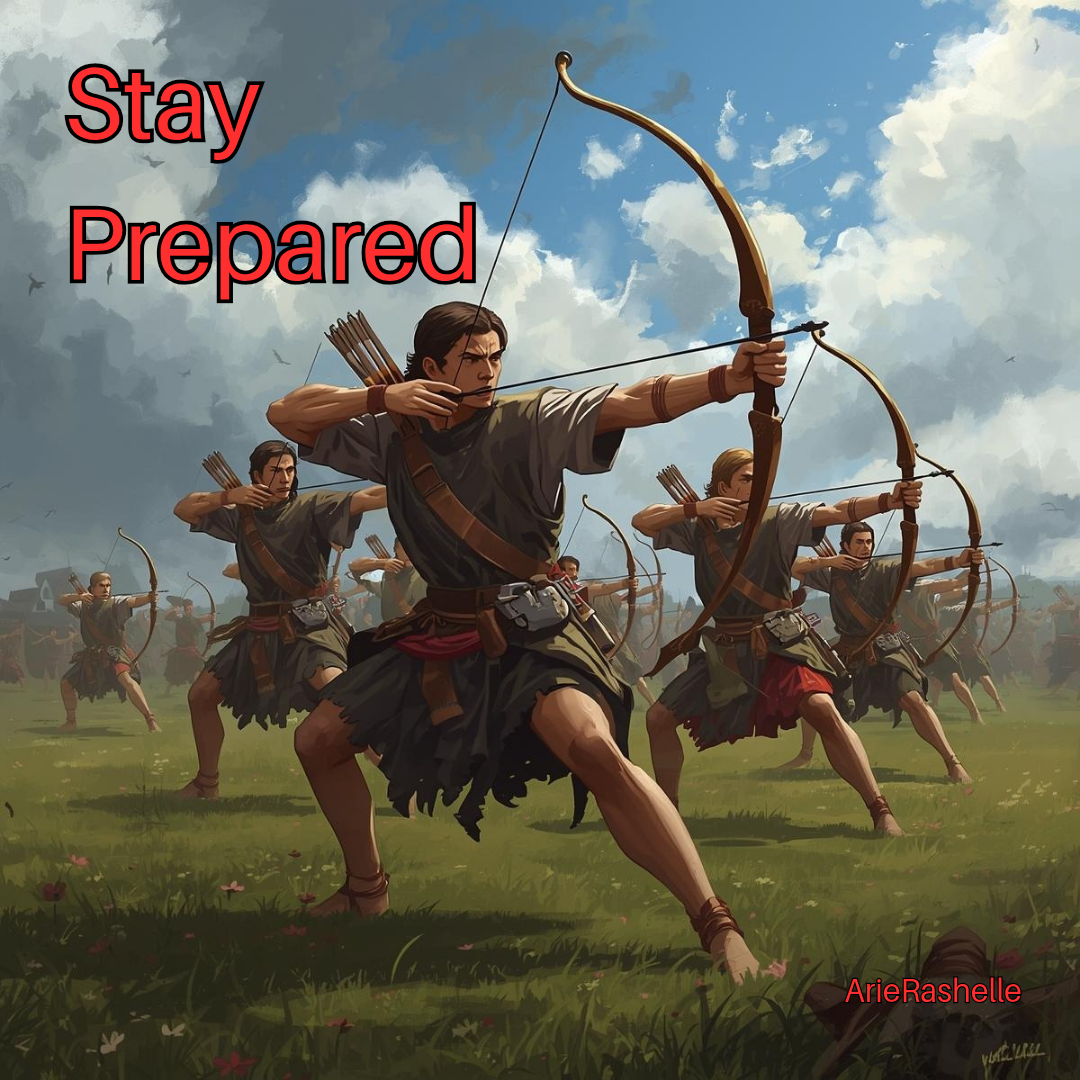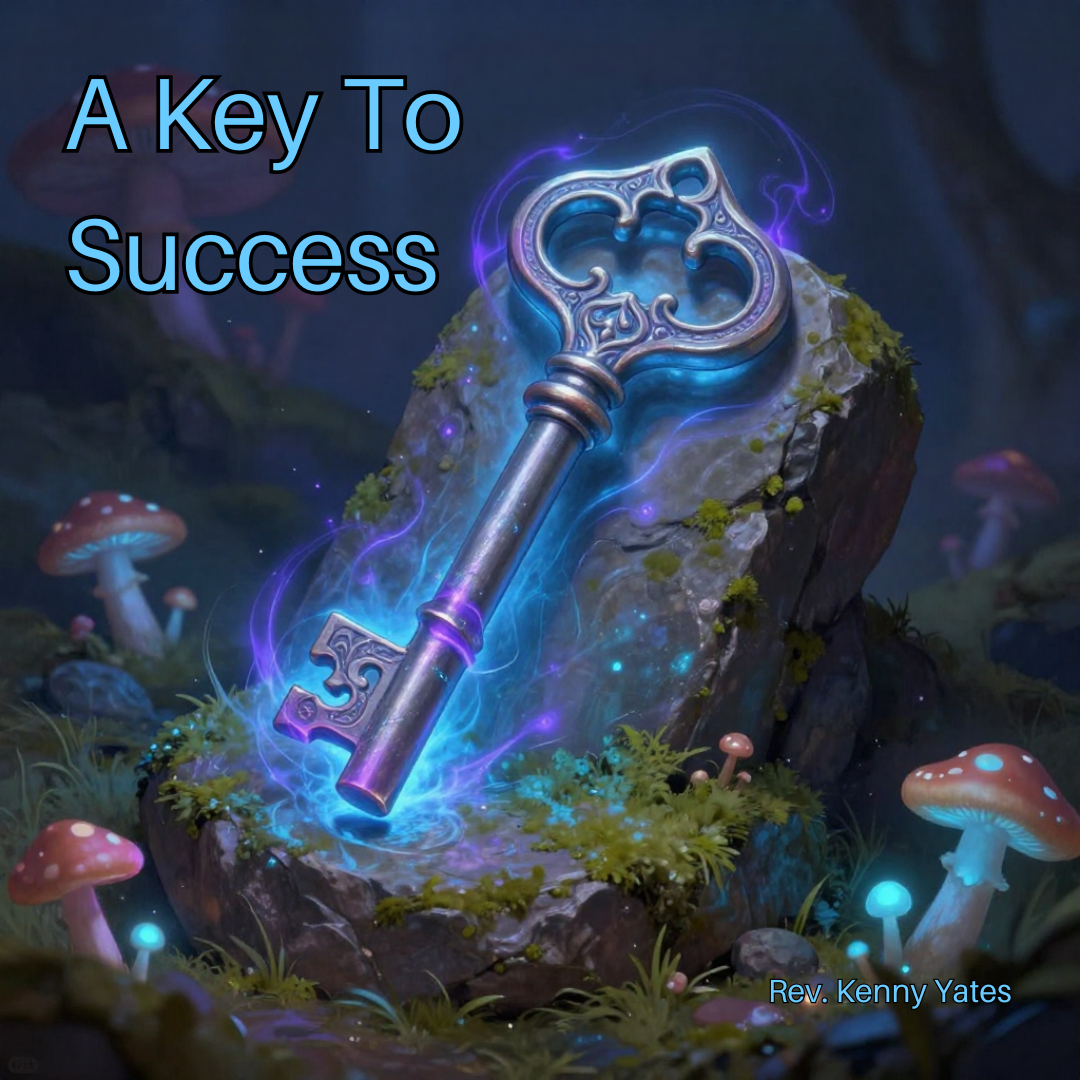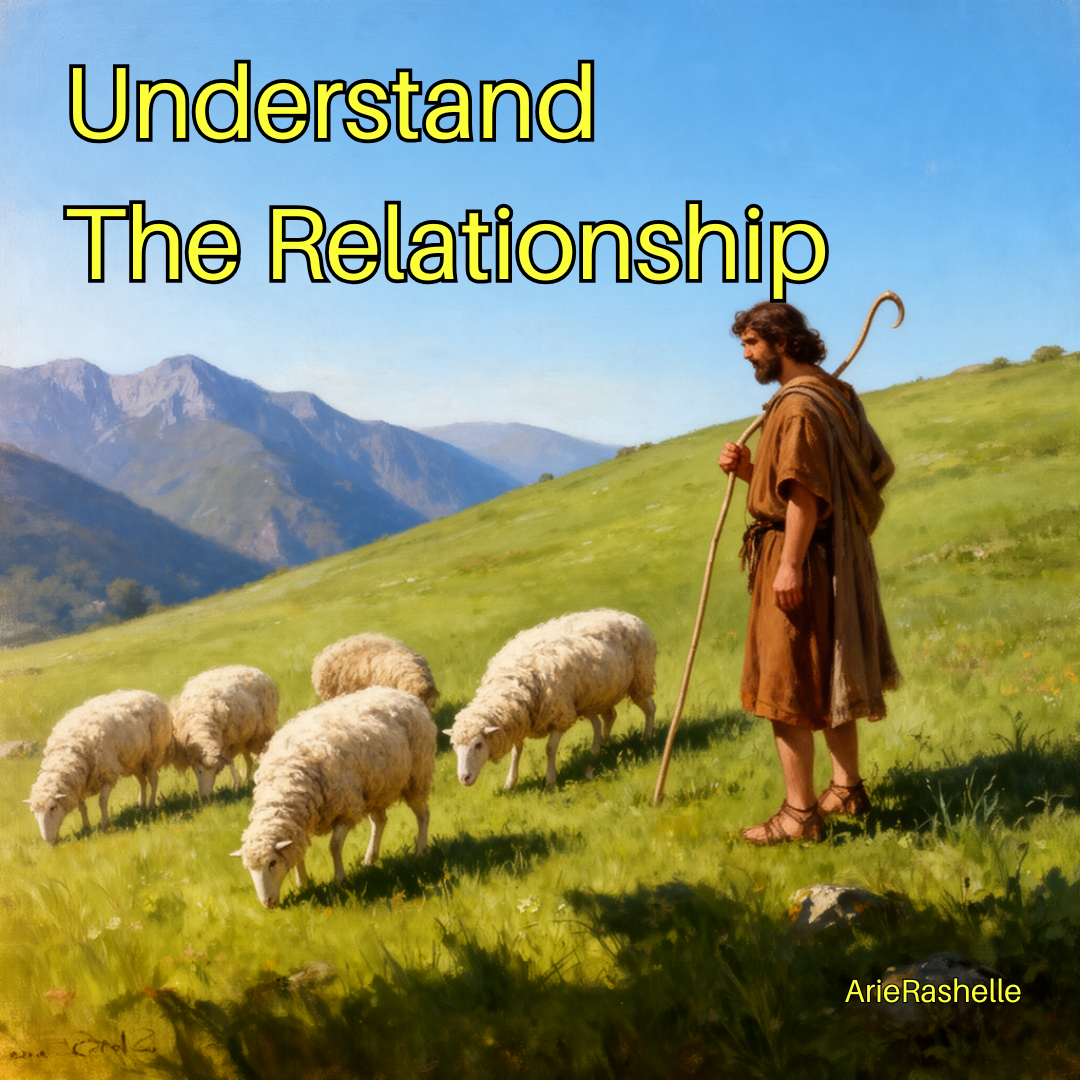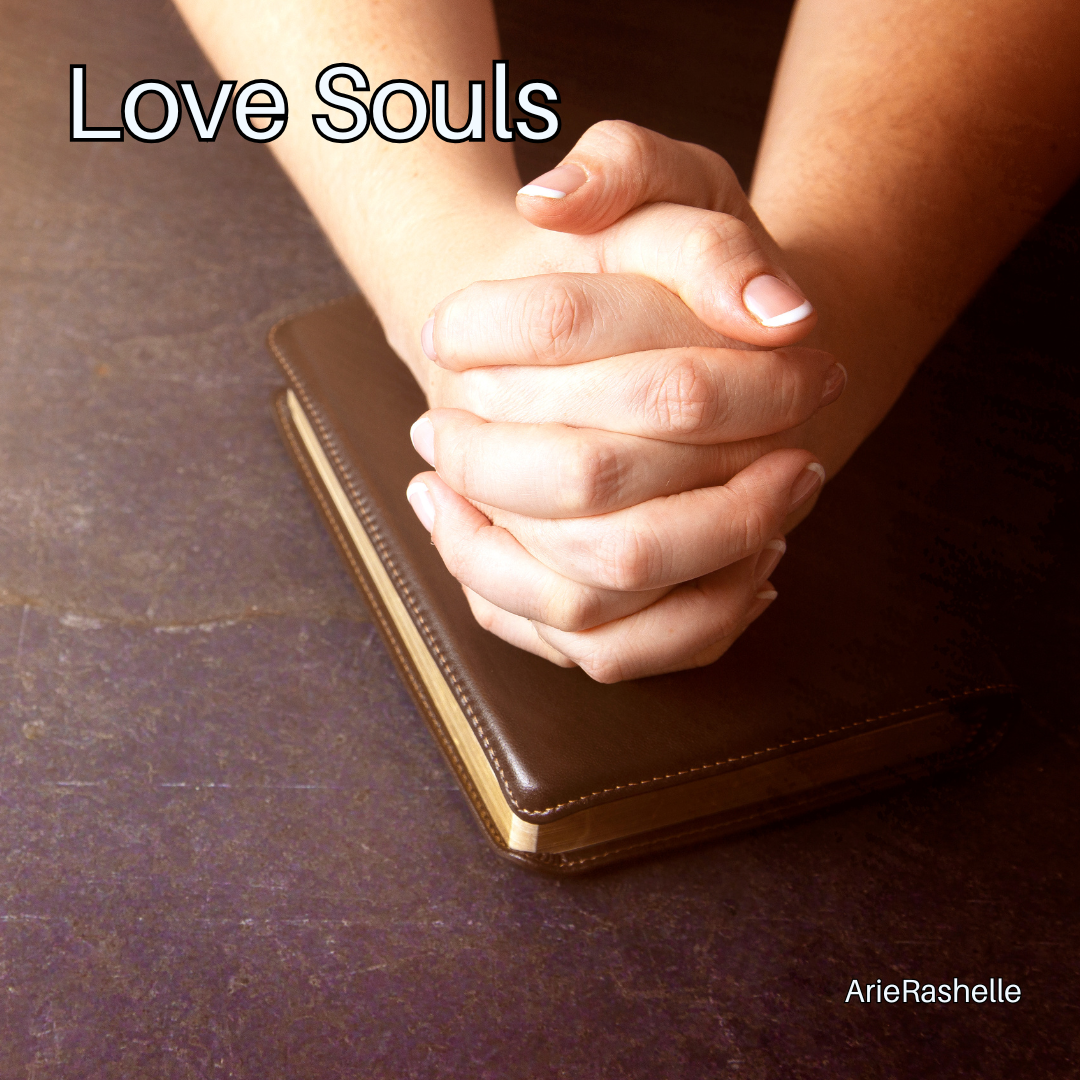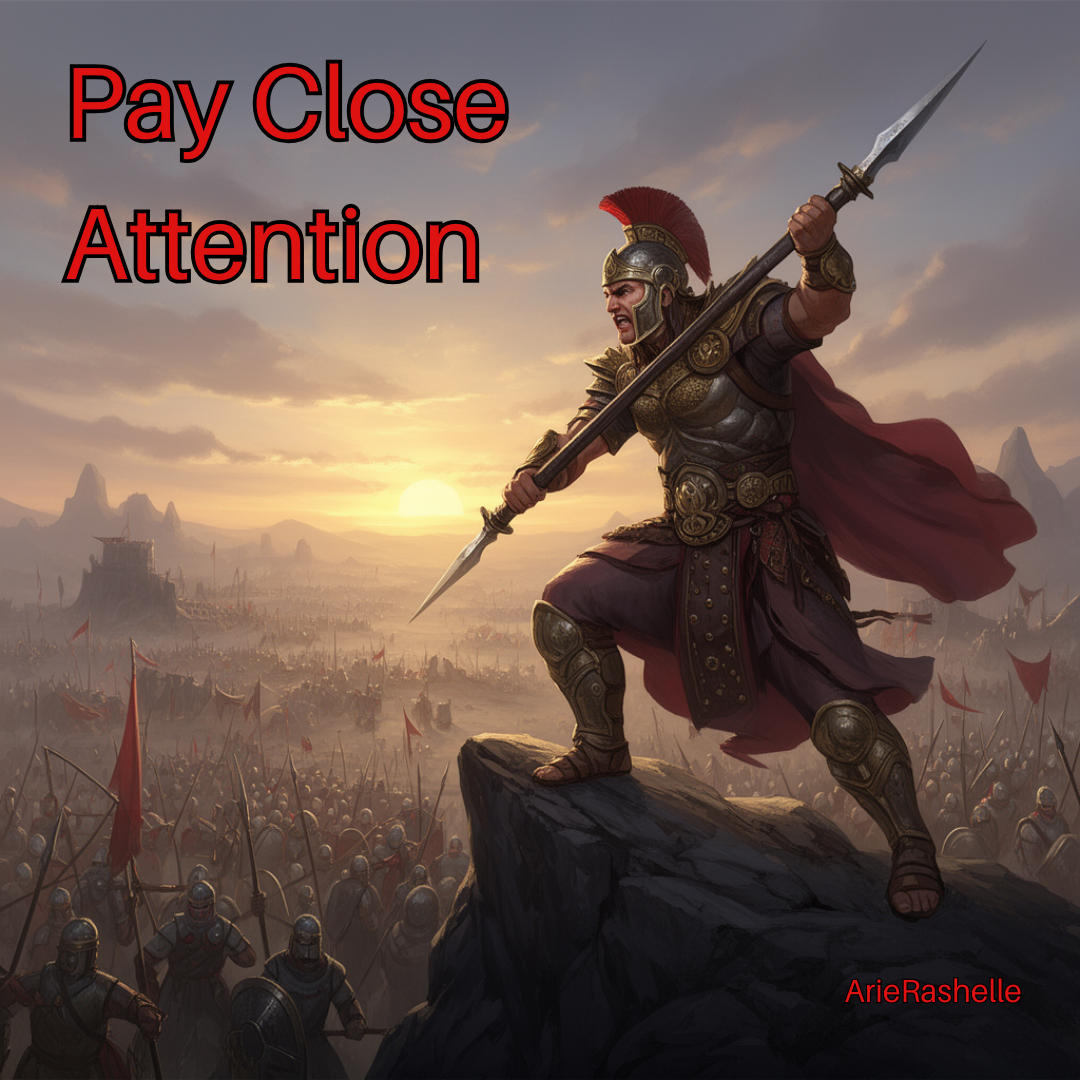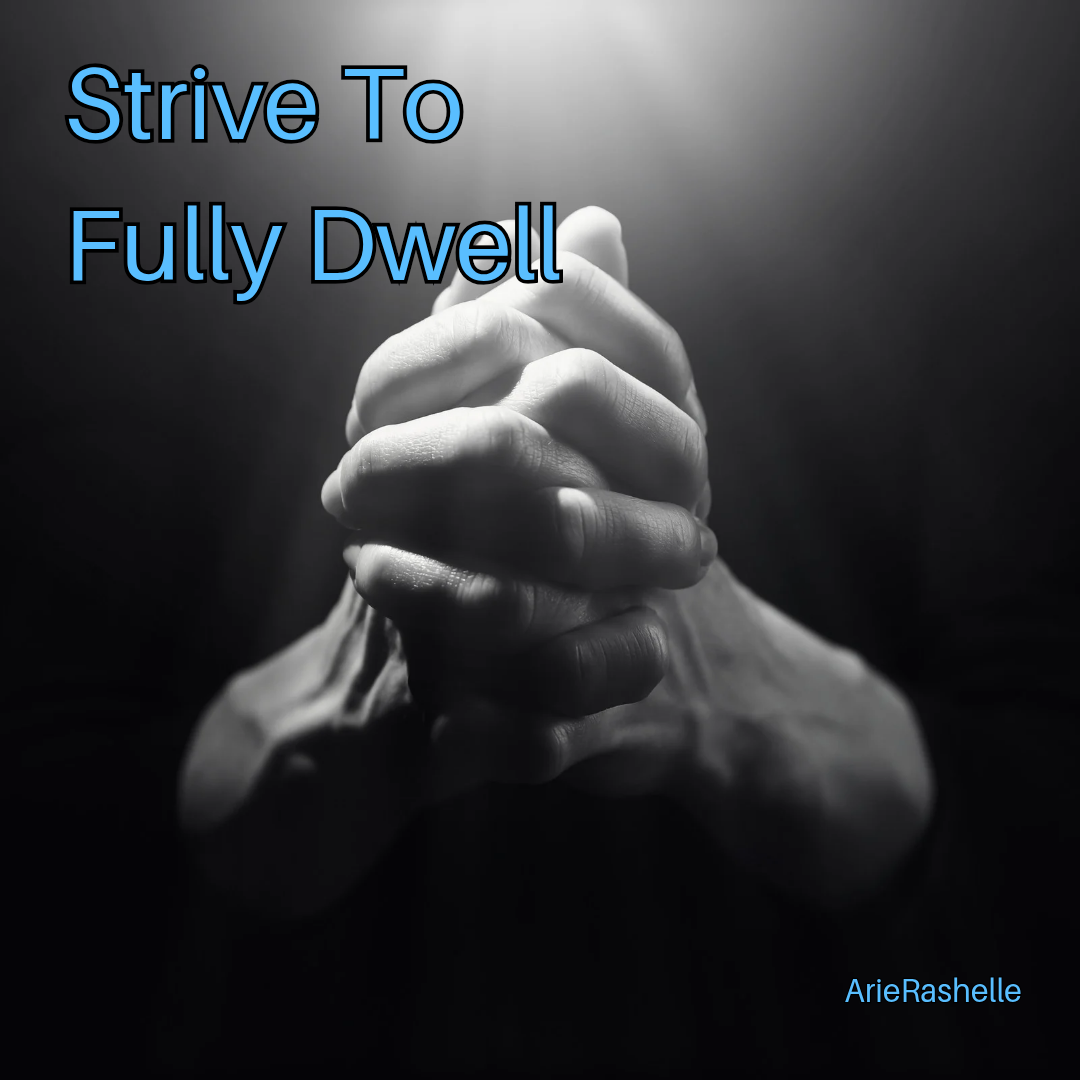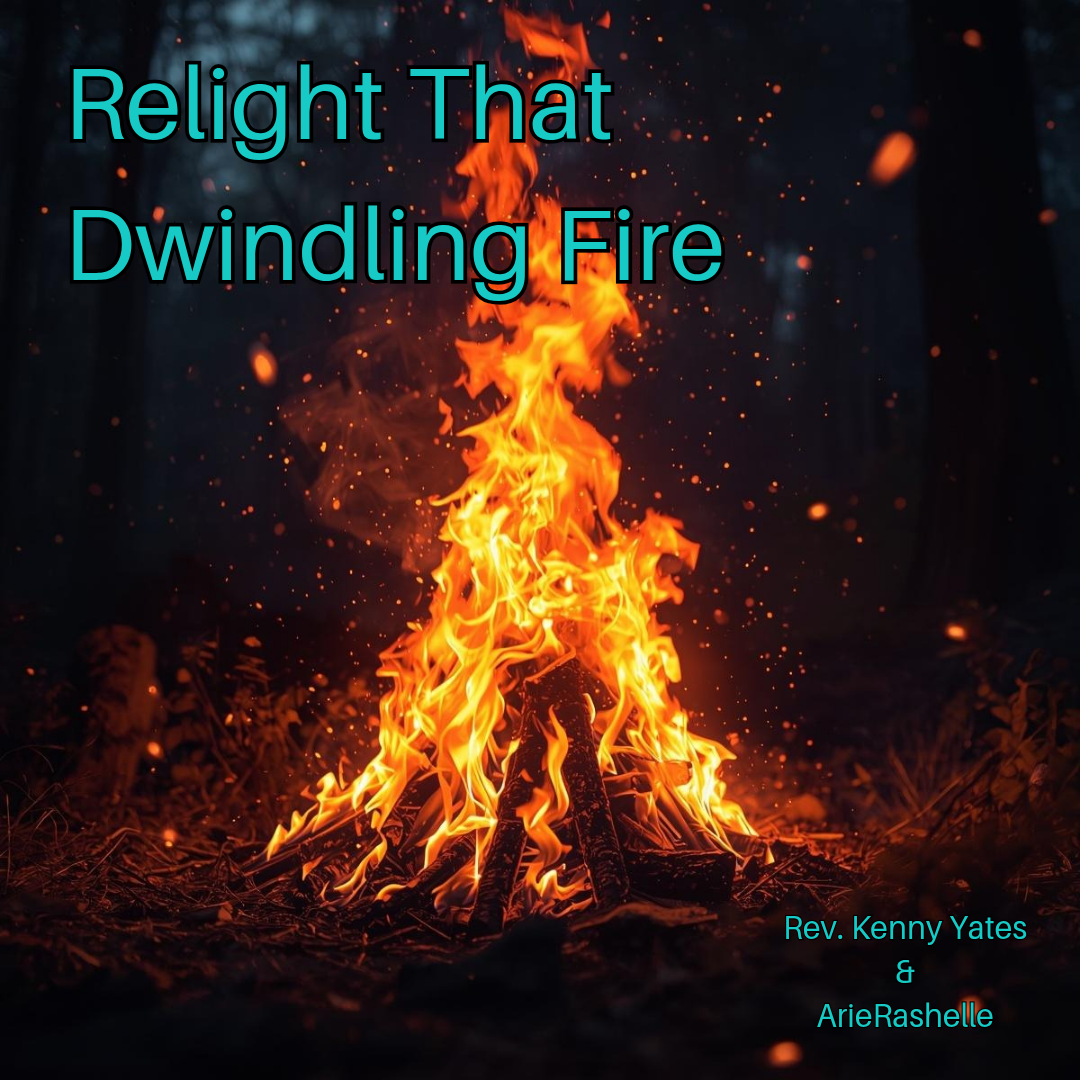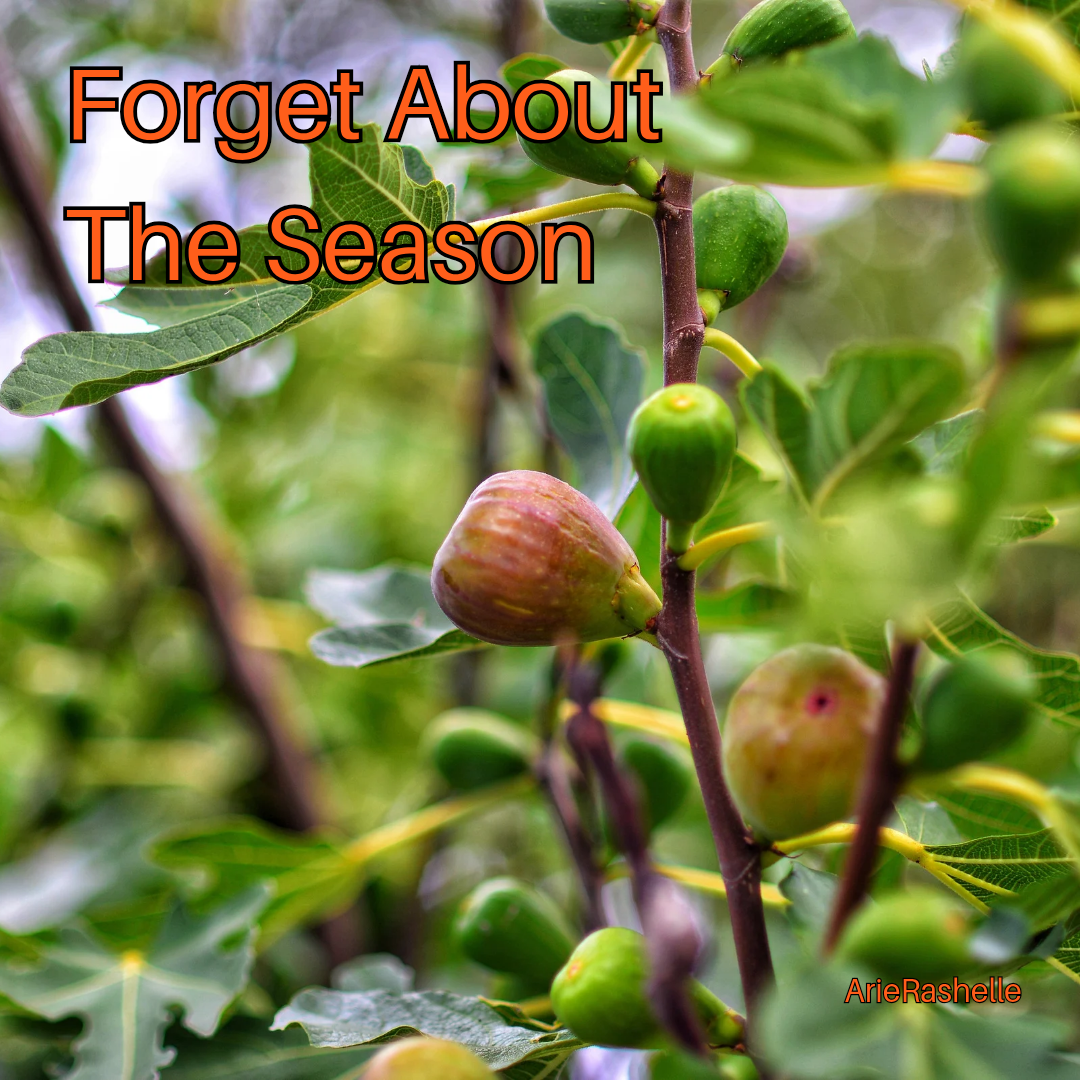1 The LORD is my shepherd; I shall not want. ~ Psalms 23:1
Psalms 23 is the most well-known psalm written. It includes some of the most recited verses in all of Scripture. In it, David described the LORD as his shepherd. In describes a very personal, intimate, loving relationship between him and God. He doesn’t say the LORD is my master; I shall not want. He doesn’t say the LORD is my King; I shall not want. No. David says the LORD is my shepherd; I shall not want. In other words, because the LORD is my shepherd, I have everything that I need. I don’t have to worry about anything because He has me.
David chose this analogy because he understood the love of God. See, David was a shepherd himself. He understood how much the shepherd loved his flock. He knew that the shepherd would do anything to protect the flock, including putting himself in harm’s way in order to defend the flock. David knew this firsthand. He killed the lion. He killed the bear. Not just for the sake of hunting, but for the sake of defending his flock.
David, a shepherd, compared the relationship between the LORD and us to that of a shepherd and his flock because David didn’t just know the love of a shepherd, but the dependency of a sheep. See, the she-bear is ferocious. She will destroy anything that comes towards her cub, BUT the cub will one day grow up and no longer need the she-bear to protect it. One day, it will outgrow its mother. The sheep, however, never outgrow their shepherd.
They are dependent on that shepherd. They will forever need that shepherd because they only come when that shepherd calls. If they wander off, they need to depend on that shepherd coming to find them, or they’ll be destroyed by predators. They have to depend on the shepherd to defend them from lions, bears, wolves. The sheep always need the shepherd, which is why our shepherd will forever and ever dwell with us on the New Earth for all eternity.
1 Then I saw a new heaven and a new earth, for the first heaven and the first earth had passed away, and the sea was no more. 2 And I saw the holy city, new Jerusalem, coming down out of heaven from God, prepared as a bride adorned for her husband. 3 And I heard a loud voice from the throne saying, “Behold, the dwelling place of God is with man. He will dwell with them, and they will be his people, and God himself will be with them as their God. 4 He will wipe away every tear from their eyes, and death shall be no more, neither shall there be mourning, nor crying, nor pain anymore, for the former things have passed away.”
5 And He who was seated on the throne said, “Behold, I am making all things new.” Also he said, “Write this down, for these words are trustworthy and true.” 6 And he said to me, “It is done! I am the Alpha and the Omega, the beginning and the end. To the thirsty I will give from the spring of the water of life without payment. 7 The one who conquers will have this heritage, and I will be his God and he will be my son. 8 But as for the cowardly, the faithless, the detestable, as for murderers, the sexually immoral, sorcerers, idolaters, and all liars, their portion will be in the lake that burns with fire and sulfur, which is the second death.”
Revelation 21:1-8
Peace. Love. Go Forth and Understand The Relationship.

